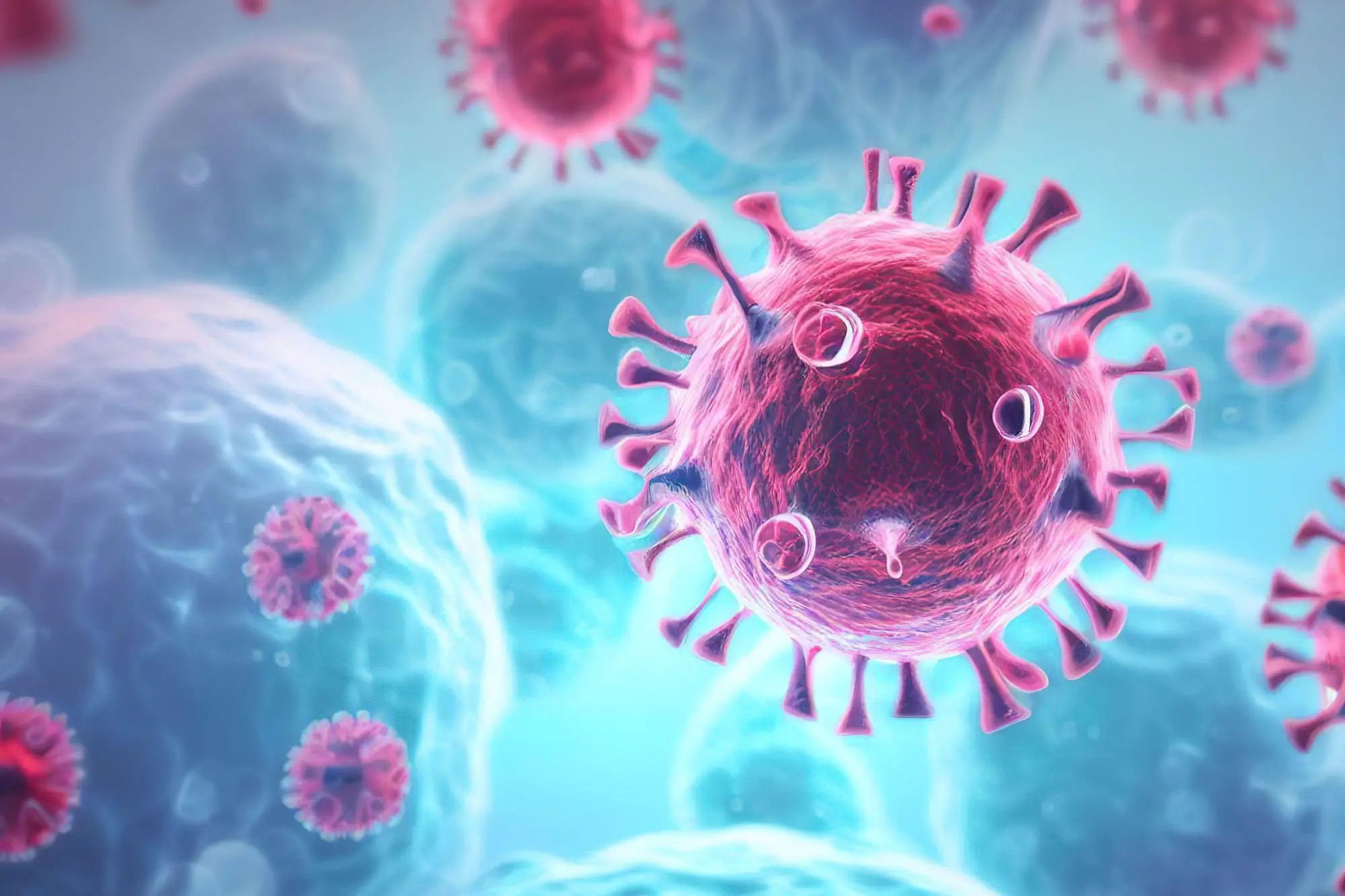Summary of Why Does COVID Affect People Differently? Researchers Uncover New Insights:
Researchers at NYU Abu Dhabi conducted a study on unvaccinated patients from underrepresented regions to identify microRNAs associated with a weakened immune response and severe COVID-19 symptoms. They discovered certain microRNAs corresponding to a diminished immune response and a higher likelihood of ICU admission. The study highlights the role of genetics in immune function and disease severity and offers new insights into patient prognosis and treatment. The findings could be applied to a significant portion of the world’s population residing in the Middle East, North Africa, and South Asia regions. The study was published in the journal Human Genomics.
– Researchers at NYU Abu Dhabi uncovered new insights into why COVID-19 affects people differently.
– The study focused on the role of genetics in immune function and disease severity.
– MicroRNAs, small RNA molecules that regulate gene activity, were found to be associated with a weakened immune response and severe COVID-19 symptoms.
– The findings offer potential benefits for patient prognosis, treatment, and the use of microRNAs as biomarkers for disease severity.
– The study included a diverse group of unvaccinated patients from underrepresented regions, providing valuable data for a population often overlooked in genomics research.
COVID-19 has affected millions worldwide, but why do some individuals experience mild symptoms while others face severe illness and even death? Researchers at NYU Abu Dhabi have made significant strides in unraveling this mystery. In a groundbreaking study, they discovered new insights into the role of genetics in immune function and disease severity, shedding light on why COVID-19 affects people differently.
The study, led by Associate Professor of Biology, Youssef Idaghdour, focused on the link between microRNAs and the severity of COVID-19. MicroRNAs are small RNA molecules that regulate gene activity, and alterations in their expression during the initial stages of infection are associated with blood traits underlying COVID-19 severity.
To investigate this further, the research team collaborated with medical experts from several hospitals in Abu Dhabi and examined 259 unvaccinated patients living in the region. This diverse group represented populations from the Middle East, North Africa, and South Asia, regions consistently underrepresented in genomics research.
The researchers found that specific microRNAs corresponded with a weakened immune response and a higher likelihood of ICU admission. These microRNAs were identified at the early stages of infection and were associated with changes in blood traits and immune cell death. This discovery provides valuable insights into how the virus evades the immune system and proliferates, leading to severe COVID-19 symptoms.
In addition to uncovering the role of genetics in immune function and disease severity, this study has broad implications for patient prognosis, treatment, and the potential use of microRNAs as biomarkers for disease severity. By analyzing multiple omics datasets, including genotypes, miRNA, and mRNA expression, the researchers identified specific microRNAs associated with eight blood phenotypes significantly linked to ICU admission.
“These findings improve our understanding of why some patients withstand COVID-19 better than others,” said Dr. Idaghdour. “MicroRNAs hold promise as biomarkers for disease severity and targets for therapeutic interventions. The methods used in this study can be applied to other populations, further enhancing our understanding of gene regulation in COVID-19 and potentially other infections.”
Recently published in Human Genomics, the research results offer hope for better patient outcomes and personalized treatment strategies. Moreover, they provide valuable insights for approximately thirty percent of the world’s population who reside in the Middle East, North Africa, and South Asia. These findings bridge a crucial gap in genomics research by including often underrepresented populations.
This study highlights the importance of genetics in immune function and underscores the value of diversity in research. By studying a diverse group of unvaccinated patients from underrepresented regions, the researchers created the first genomic picture of the architecture of blood microRNAs in these populations. This breakthrough paves the way for future studies that can further unravel the complexities of COVID-19 and potentially improve patient outcomes globally.
In conclusion, understanding why COVID-19 affects people differently is crucial in developing effective treatments and predicting patient outcomes. The study conducted by researchers at NYU Abu Dhabi sheds light on the role of genetics in immune function and disease severity, offering new insights and potential solutions. By uncovering the associations between microRNAs, immune response, and COVID-19 severity, this research opens doors to personalized treatments and the use of microRNAs as biomarkers. Moreover, including underrepresented populations in this study provides valuable data that can benefit a significant portion of the global population. As we continue to navigate the challenges posed by the COVID-19 pandemic, these findings give hope for a brighter future with improved patient outcomes and targeted interventions.


